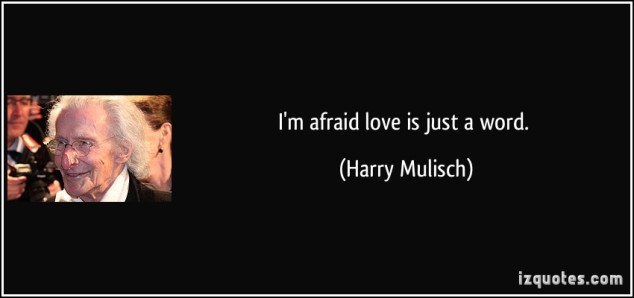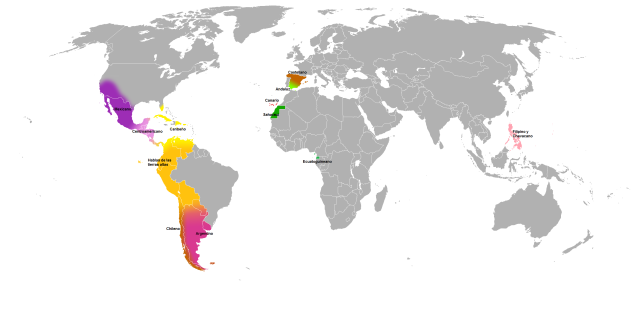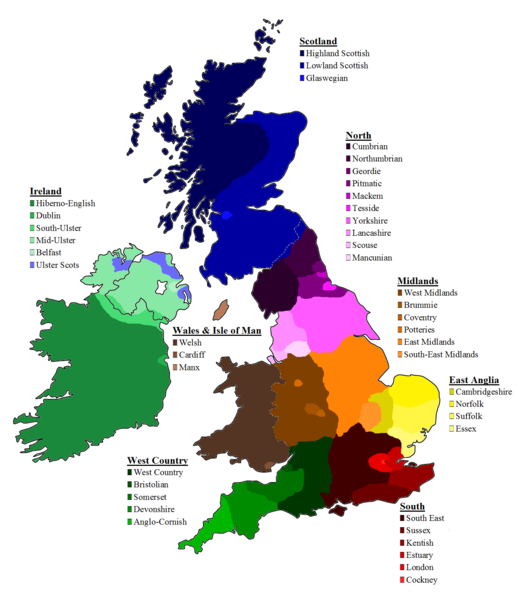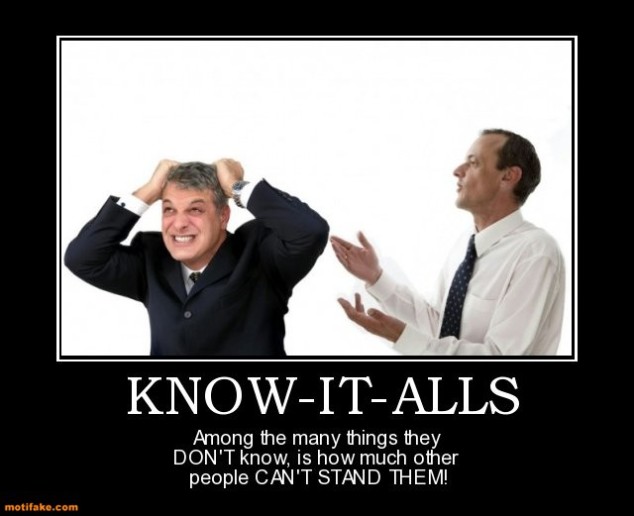Choosing the right social media outlet for your small business depends on many factors related, but not limited, to:
- Your business,
- Your customers and
- The existent in-house knowledge of the people in charge of executing your social media promotion campaigns.
This article assumes that you won’t be outsourcing your social media activities to external agencies, since in such case this article should be “old news” to a savvy social media manager.  The number of social media websites has grown substantially. Some big ones are expanding everyday, others are being born and are growing in popularity and old ones are losing their shine and are cast into oblivion. As such, making the right choice for a social media can be a tedious process. Not all social media populate the right audience for your marketing messages or have the features you are looking for.
The number of social media websites has grown substantially. Some big ones are expanding everyday, others are being born and are growing in popularity and old ones are losing their shine and are cast into oblivion. As such, making the right choice for a social media can be a tedious process. Not all social media populate the right audience for your marketing messages or have the features you are looking for.
It’s okay to be selective, as long as you have a clear social media motive & objective with high Return on Investment (ROI) expectations.
Before we move on to recommending the best social media websites for small businesses, there are some rules of thumb that need to be kept in mind before you even attempt making a choice for a perfect social media match.
1. Know what Social Media are in relation to Marketing
If you are new to social media, or if your knowledge of social media is limited to having a Facebook profile, browsing videos in YouTube or posting some pictures on Instagram, you need to get to know social media a little bit more first. Read articles about them, scroll down the homepage and read the “unexplored sections” of your favourite social media website like [advertisement], [about us], [FAQs, Frequently Asked Questions], [privacy statements] etc. There is business model behind every social media website and this business model relies heavily on people like you using it as a marketing platform, whether paid or free. The good thing about social media is that it allows for free and low-budget marketing. You can achieve a lot through posting excellent content & mastering the art of effective social engagement (attractive call to action messages). You can read more about the relation between social media and marketing in my other article with title: “How Long Will Social Media Marketing Stay Effective“. https://twitter.com/OpenAnswer/status/495607482300235776 Also, try to immerse yourself in the vast literature that has been written on social media behaviour and strategy. It will help you understand a number of important, though seemingly trivial, elements of social media interaction and engagement that are vital for your success. You may be able to answer questions like:
- Why do people click on some posts but ignore others?
- What is viral sharing and how can I transform it into “viral marketing” of my product page or blog post?
- Why are video’s, pictures and emotional headlines more likely to be liked, clicked on and shared than others?
- What causes people to not like my company’s Facebook page, dislike my YouTube video or unfollow me on Twitter?
- How can social media success be measured? What tools can I use and what metrics should I set?
2. See how others, competitors, are doing it.
Yes, do it! We were all once beginners and there is a first time for everything. Take the opportunity to check how your competitors specifically are going about their social media exposure or read clear-cut case-studies about social media successes (and failures) for small business within your geography, customer demography or business sector. This is only another way of conducting the oh so vital market research before you draw up the even more vital Social Media Marketing Plan. (You are going to make a plan, aren’t you?)
3. Be social, creative, authentic, engaged, active and communicative.
 As the name implies, social media is all about being social, socially active and sociable (= mostly likeable). You or the person(s) in charge of carrying out your social media campaigns should also have some creativity in compelling writing, attractive design or a reasonable mix of both. Some knowledge of HTML code (for embedding images, video’s, tweets etc.), web design, graphic design or image manipulation skills may come in handy. A successful blogger is mostly someone who has a sufficient dose of these skills to lead a small-scale social media campaign.
As the name implies, social media is all about being social, socially active and sociable (= mostly likeable). You or the person(s) in charge of carrying out your social media campaigns should also have some creativity in compelling writing, attractive design or a reasonable mix of both. Some knowledge of HTML code (for embedding images, video’s, tweets etc.), web design, graphic design or image manipulation skills may come in handy. A successful blogger is mostly someone who has a sufficient dose of these skills to lead a small-scale social media campaign.
4. Know how social media performance is monitored and managed.
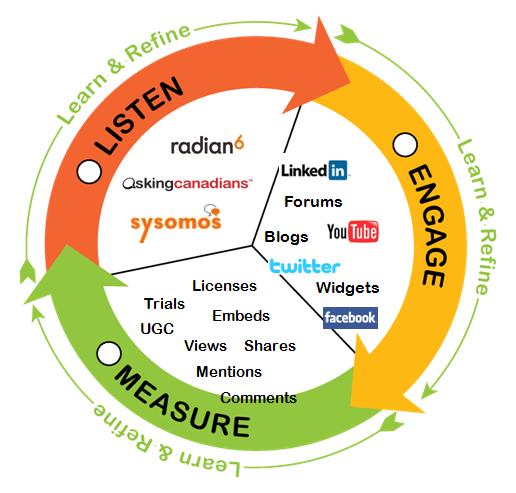 Putting all of your creative development and digital assets out there on social media is not enough. Plug yourself into the rich vein of social media analytics tools like Hootsuite, BufferApp, TweetDeck etc or more advanced ones like Sysomos. See whether such tools can deliver answers to questions, such as:
Putting all of your creative development and digital assets out there on social media is not enough. Plug yourself into the rich vein of social media analytics tools like Hootsuite, BufferApp, TweetDeck etc or more advanced ones like Sysomos. See whether such tools can deliver answers to questions, such as:
- How would you know that what you are doing is right or wrong?
- What kind of content seems to bring about more engagement through clicks, likes, shares or favourites?
- How would you know that your declining sales or increasing website hits are the result of your social media activity?
- How can you distinguish between the performance of your Twitter account, YouTube channel and Facebook company page?
- Why has your LinkedIn company page not been followed or liked for whole 3 months?
5. Draw up a water-proof Social Media Plan and follow it up with analysis and review.
Your business plan can contain any elements you deem important to your company’s social media success, but it should definitely include the following main elements:
- Your business goals and objectives: identify them and define them.
- Your social media objectives in relation to your business goals
- Define your parameters and metrics pertaining to these objectives: choose the right tools to manage your online performance.
- Identify and define your target group: is it your existing customers, potential customers or social media influencers (Brand PR)?
- Keep the competition’s online presence in mind: research & calculate their social media performance in terms of fellowship numbers AND engagement rates.
The 7 best social media websites for small business.
 I will let you do you own research on the specific feature of each of the social media websites I selected and move on to recommending them in order of preference or fitness to most small businesses’ marketing objectives. I would aim for the big 5: Facebook, Twitter, LinkedIn, Google+ & YouTube, including photo and interest sharing platforms, Instagram & Pinterest in one category and some “new-comers”. The reasoning behind my selection is derived from their authority, functionality, market leadership, technological advancement, clear advertising models, being international (multilingual), ease of use and off course big number of members (= more exposure). If your business is a B2C small business, the best social media platforms I recommend in order of relevance & importance are:
I will let you do you own research on the specific feature of each of the social media websites I selected and move on to recommending them in order of preference or fitness to most small businesses’ marketing objectives. I would aim for the big 5: Facebook, Twitter, LinkedIn, Google+ & YouTube, including photo and interest sharing platforms, Instagram & Pinterest in one category and some “new-comers”. The reasoning behind my selection is derived from their authority, functionality, market leadership, technological advancement, clear advertising models, being international (multilingual), ease of use and off course big number of members (= more exposure). If your business is a B2C small business, the best social media platforms I recommend in order of relevance & importance are:
- Google+
- YouTube (becomes a top-3 if you can make engaging video, relevant to your business)
- Instagram or Pinterest (moves up to number two or three if it is a product, or a service, deriving value & marketability from design or packaging = fancy photo’s. Like cloths or shoes or beauty services or accessories)
- Ryze
If a B2B small business, the best social media I recommend in order of relevance & importance are:
- Google+
- YouTube (becomes a top-3 if you can make engaging video, relevant to your business)
- Instagram or Pinterest (become more important if it is a product, not a service, deriving value & marketability from design or packaging = fancy photo’s. Like office stationery, ornaments or furniture)
- Quora




























